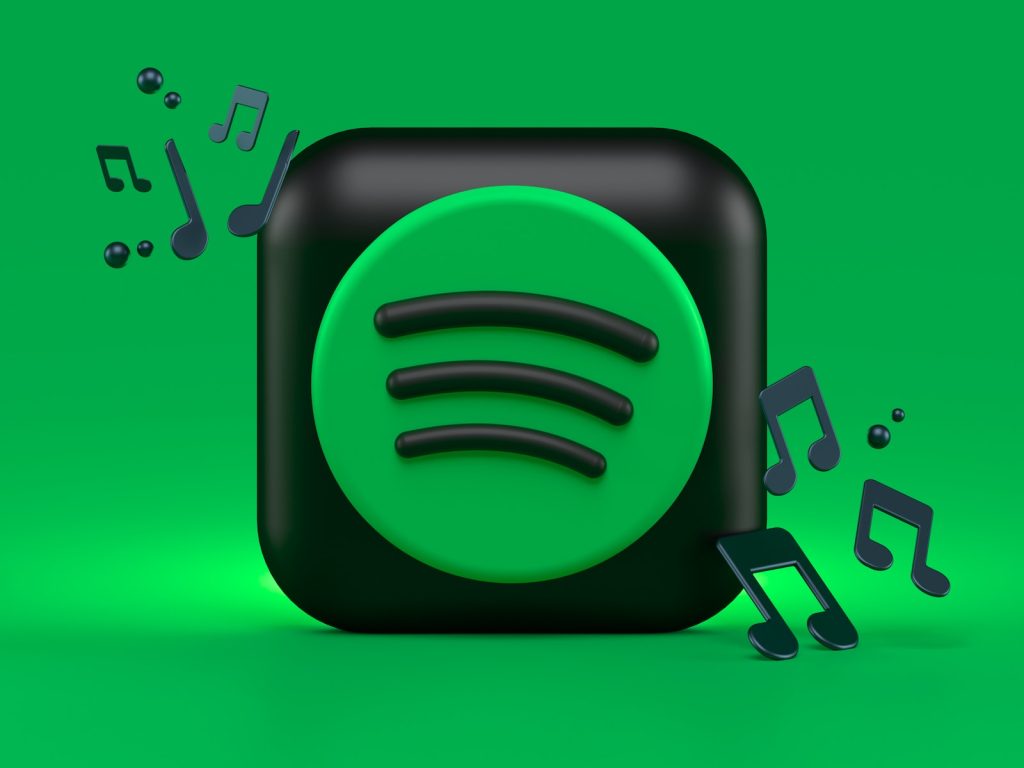Spotify is planning to implement changes to its streaming royalty model in early 2024 that would affect the lowest-streaming acts, non-music noise tracks and distributors and labels committing fraud, sources tell Billboard.
The changes to Spotify’s royalty model, which were first reported by Music Business Worldwide, include:
A new threshold of minimum annual streams that a track must meet before it starts to generate royalties. The threshold, according to MBW, will de-monetize tracks that had previously received 0.5% of Spotify’s royalty pool.
Financial penalties for music distributors and labels when fraudulent activity on tracks they have uploaded to Spotify has been detected.
A minimum play-time length that non-music noise tracks, such as bird sounds or white noise, must reach to generate royalties.
The specific benchmarks of these changes and how financial penalties will be calculated or implemented are currently unclear.
Spotify will need new agreements to the royalty structure changes with most record labels and distributors to implement the plan, but that doesn’t mean entirely new licensing renewals. Changes can be made specifically for these elements, sources say. And since the major labels — which all negotiate their deal renewals with Spotify on different timelines — are likely to benefit from the new terms, they are all likely to sign onto them.
When reached for comment, a Spotify spokesperson said in a statement, “We’re always evaluating how we can best serve artists, and regularly discuss with partners ways to further platform integrity. We do not have any news to share at this time.”
The standard, existing pro-rata streaming model has been a major topic of consideration this year, ever since Universal Music Group CEO Lucian Grainge called for an “updated model” for the business that will be “an innovative, ‘artist-centric’ model that values all subscribers and rewards the music they love” in his annual New Year’s letter to staff. Following, UMG announced partnerships with Tidal, Deezer and Soundcloud to explore alternative models, and reports surfaced that similar conversations were underway with the other leading streaming platforms.
In July, during UMG’s second quarter earnings call, Grainge announced a “newly expanded agreement” with Spotify, under which he said “they have committed to continue to work to address” what he outlined as key components to the “artist-centric” approach: Fairly rewarding “real artists with real fanbases” for “the platform engagement they drive”; applying “stricter fraud detection and enforcement systems” and “ensuring real artists don’t have their royalties diluted by noise”; and “better aligning the relationship between artists and fans by promoting greater discovery and promotion of real artists.” Two out of three of these priorities are now being pursued by Spotify.
In September, UMG and Deezer outlined a new model for what they called “artist-centric streaming.” That model was similar, albeit more severe, than what Spotify is planning. It included royalty “boosts” for “professional” artists whose music streamed above a threshold, while promising to crack down on fraud and replace “non-artist noise content” with its own functional music that would be excluded from the royalty pool.
Unlike Spotify — which relies heavily on industry-leading algorithm-recommended playlists and auto-play, lean-back listening — Deezer’s plan also demoted passive listening royalties by “boosting” artists who are actively searched for by users. Unlike Deezer, Spotify is planning to roll this out with all major labels and leading independent labels and distributors.

